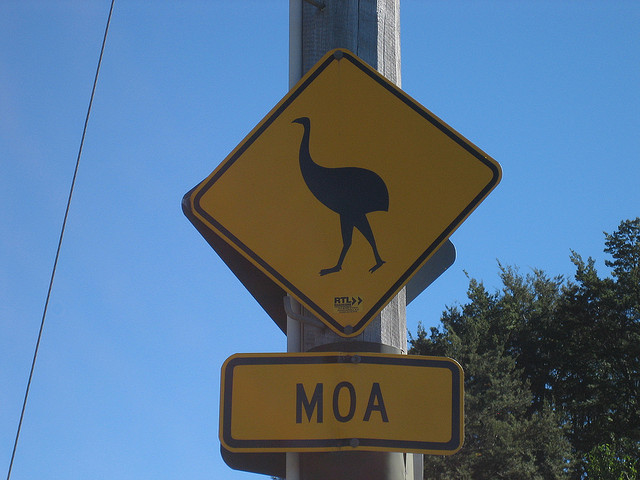And likes its partners to smell like family.
by John Timmer


by John Timmer

Scientists also uncovered this ancient sign in New Zealand.
You smell like you're related to my last mate, so we should have sex. That sentiment appears to apply to female fruit flies. Let's say you're a fly and you've mated once. You're given the choice of the same partner or a completely new one. What do you do? If you're a male, you go for the new partner; if you're a female, you stick with the familiar one.
Now, what happens when you swap out the familiar mate, and substitute one of its siblings? You get roughly the same result: males go for the novel partner, while females prefer the familiar one (although it's a weak preference). How does this work? The researchers did the same tests with flies that carried a mutation that blocked their ability to sense odors. The preferences went away entirely—for both sexes.
If it messes you up, it probably does some good things, too. This study is a bit of a two-for-one, but both messages provide a bit of perspective on why humans seem to be incapable of listening to warnings. In the first set of experiments, the researchers focused on the warning labels on cigarettes and artificial flavorings. If you show people ads with warning information and immediately ask them if they want to purchase the product, they'll buy less than controls. But if you wait a couple of weeks to ask, they'll actually buy more of it.
Something similar happens with prescription drugs (the authors used products like baldness treatments). But here, warnings about side effects had a straight-up positive effect, making people view the product as more trustworthy—but only if the products weren't on the market yet. The authors conclude that it's a matter of immediacy that makes people discount the messages in warning labels and focus on the positives in the ad. And it doesn't even matter when the delay takes place; even knowing there would be a delay is enough to get people to view a product positively.
Whiskey and lox. Two industries that are doing well in Scotland are whiskey distilleries and salmon farms. Now, chemical engineers may bring these two great tastes together. The process of making whiskey creates a lot of waste in the form of a protein-rich soup of grains that get filtered out before the distilling process begins. If everything goes well, some of those calories are going to get recycled into a food pellet that is then used by the salmon farms. Not exactly recycling, but certainly an efficient use of resources.
But think of the cats! A variety of studies into human behavior have identified factors that keep people in abusive relationships despite all the damage that they experience. Now, researchers have added another to the list: their pets. About a third of women in abusive relationships have delayed getting out in part because their partners had threatened or actually harmed the family pets. And at least one of the people interviewed for the new study had their partner kill a pet in front of her in order to make a threat.
Like the best Weird Science, this one has practical applications. Staff in shelters for battered spouses can be made aware of the issue and can take steps to help with pets that would otherwise be left behind. The study also gets bonus Weird Science points for being published in the Journal of Interpersonal Violence.
When we killed them, we lost more than the birds. In many ways, New Zealand prior to human colonization was an exotic lost world. With the only mammals present being bats, birds took over many roles in the ecosystems of New Zealand, with the giant moa reaching heights of three meters as it grazed the woodlands of the islands. Now, researchers have managed to discover what this lost world looked like using a distinctive research material: moa poop. They found a site where a collection of moa droppings (technically called copralites) was preserved, and used them to reconstruct the plants present in the pre-extinction ecosystem. They determined that the loss of major players in the ecosystem like the moas changed it dramatically, altering the plants that were present on the isolated islands.




0 comments:
Post a Comment